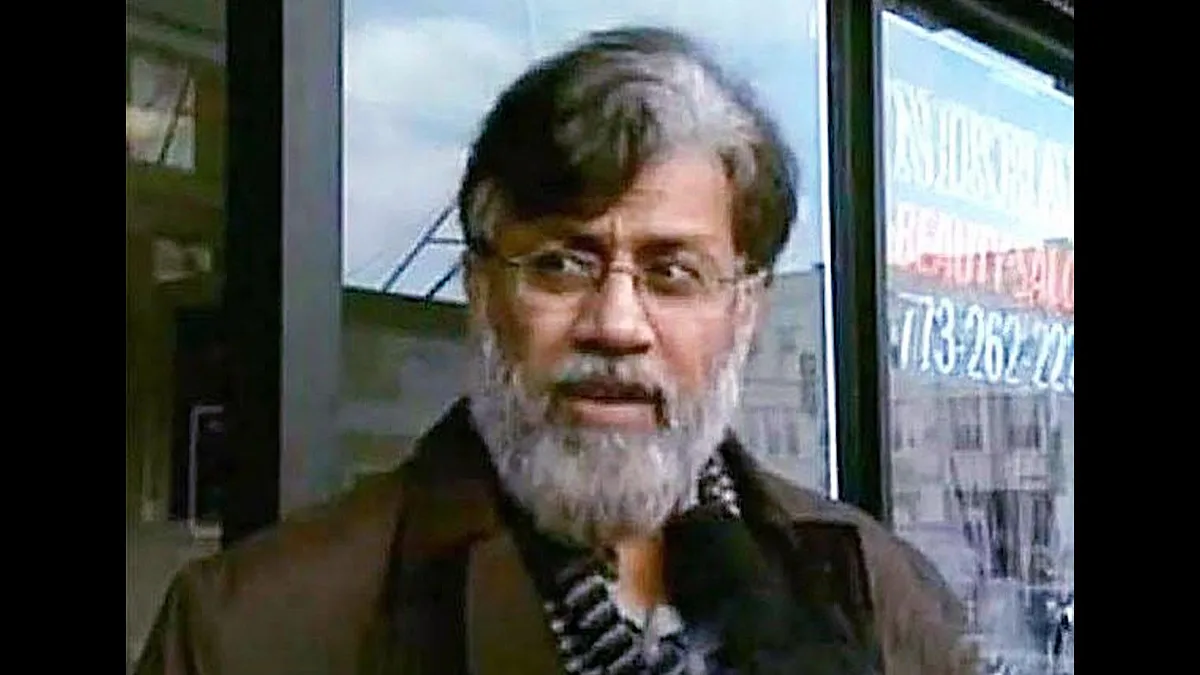The arrival of Tahawwur Rana on Indian soil marks a turning point in the protracted quest for justice following the 2008 Mumbai terror attacks. For a country still scarred by the traumatic events of 26/11, his extradition from the United States is not just a legal formality ~ it is a moment charged with symbolic and strategic significance. It rekindles hope that India’s pursuit of accountability for one of the most brutal terrorist assaults in its modern history has not been in vain.
Rana’s background adds layers of complexity to his case. A Pakistani-born Canadian citizen and former military doctor turned businessman, he may not fit the stereotypical image of a terrorist conspirator. Yet his connection to David Coleman Headley, the Pakistani-American who scouted the attack sites under the guise of business operations, places Rana in the orbit of those responsible for enabling the carnage that killed 166 people in Mumbai.
Advertisement
While a US court did not convict him for direct involvement in the attacks, his conviction for supporting Lashkar-e-Taiba ~ a designated terrorist organisation ~ speaks volumes. The extradition also signals a strong precedent for international cooperation in terrorism cases. When legal systems across borders align in the face of shared threats, justice becomes not only possible but inevitable. This case could inspire greater collaboration globally, making it harder for perpetrators to hide behind national boundaries or legal loopholes. For India, the significance of this extradition lies not only in prosecuting a long-sought individual, but also in what the process represents.
It underscores India’s growing diplomatic weight and its ability to pursue complex, protracted legal battles in foreign jurisdictions. More importantly, Rana’s trial in India could shed further light on the broader network of individuals and institutions complicit in the attacks. Former prosecutors and officials have repeatedly pointed to the involvement of Pakistan’s state and intelligence machinery ~ an allegation that Pakistan has consistently denied.
Rana’s testimony and trial could provide new clarity, or at least reinforce existing suspicions with greater credibility. India must now ensure that his prosecution is conducted transparently, with due process and adherence to the highest legal standards. Given Rana’s assertions regarding the risk of torture and mistreatment, the Indian legal system has an opportunity ~ and a responsibility ~ to demonstrate its maturity and commitment to justice. Fair treatment of an accused, even in a case as emotionally charged as this, strengthens the legitimacy of our democratic institutions.
Ultimately, Rana’s extradition is not the end but a renewed beginning. It brings the focus back to the victims of 26/11 ~ their families, their stories, and the unfinished pursuit of closure. The world watched in horror as Mumbai burned in 2008. Today, it watches again, this time to see whether justice can finally be served ~ not just through retribution, but through the slow, steadfast machinery of the rule of law. This is India’s moment to reaffirm that justice and accountability matter ~ even if they take decades to realise.









